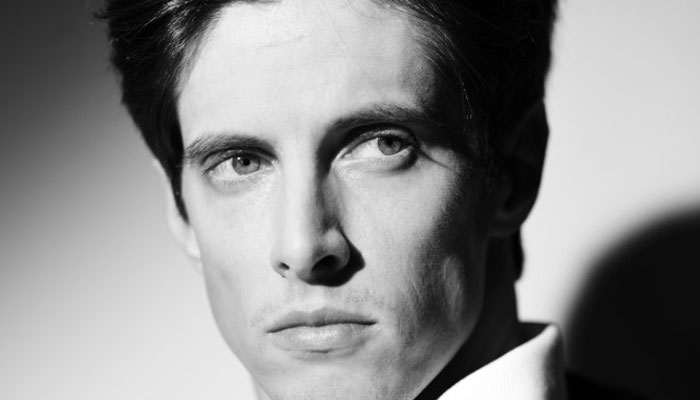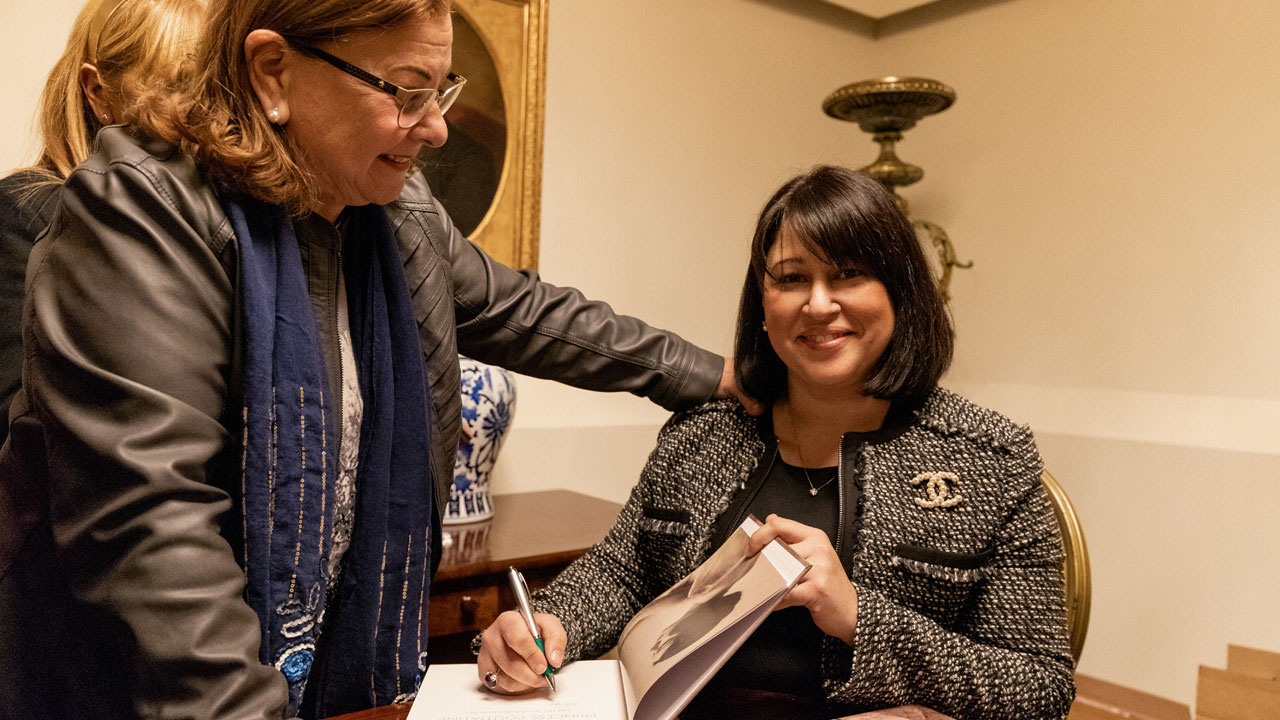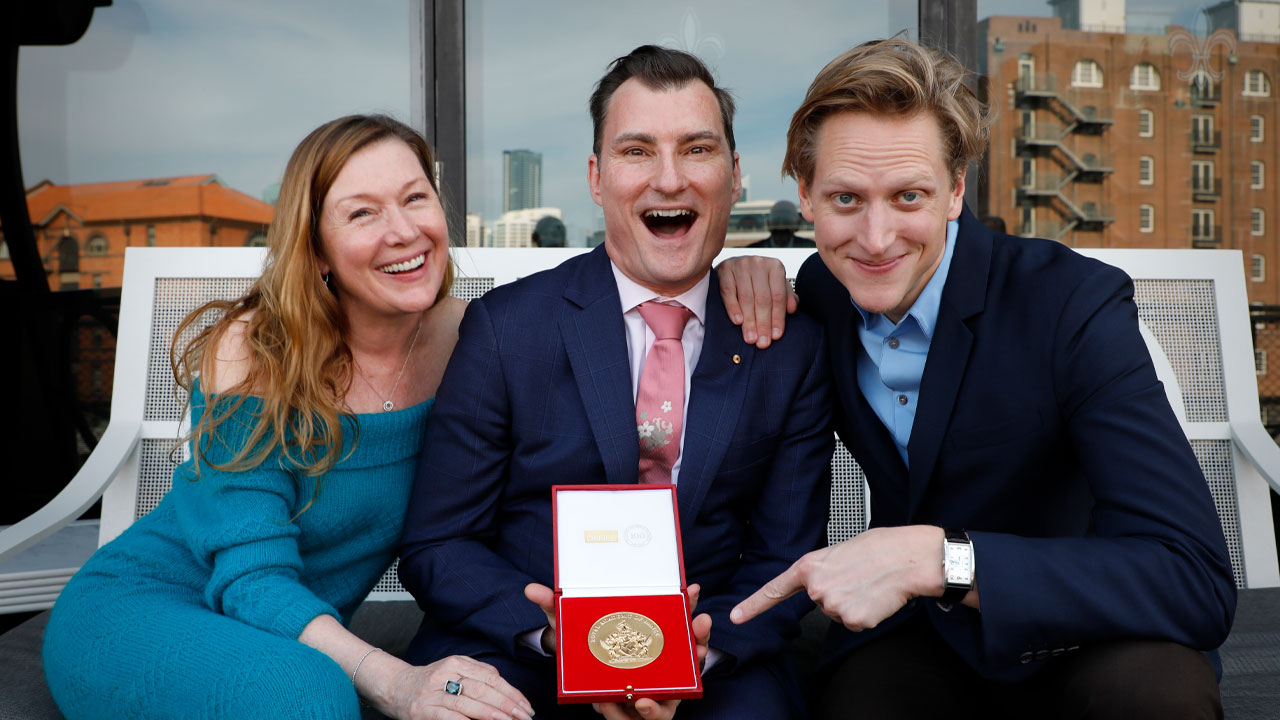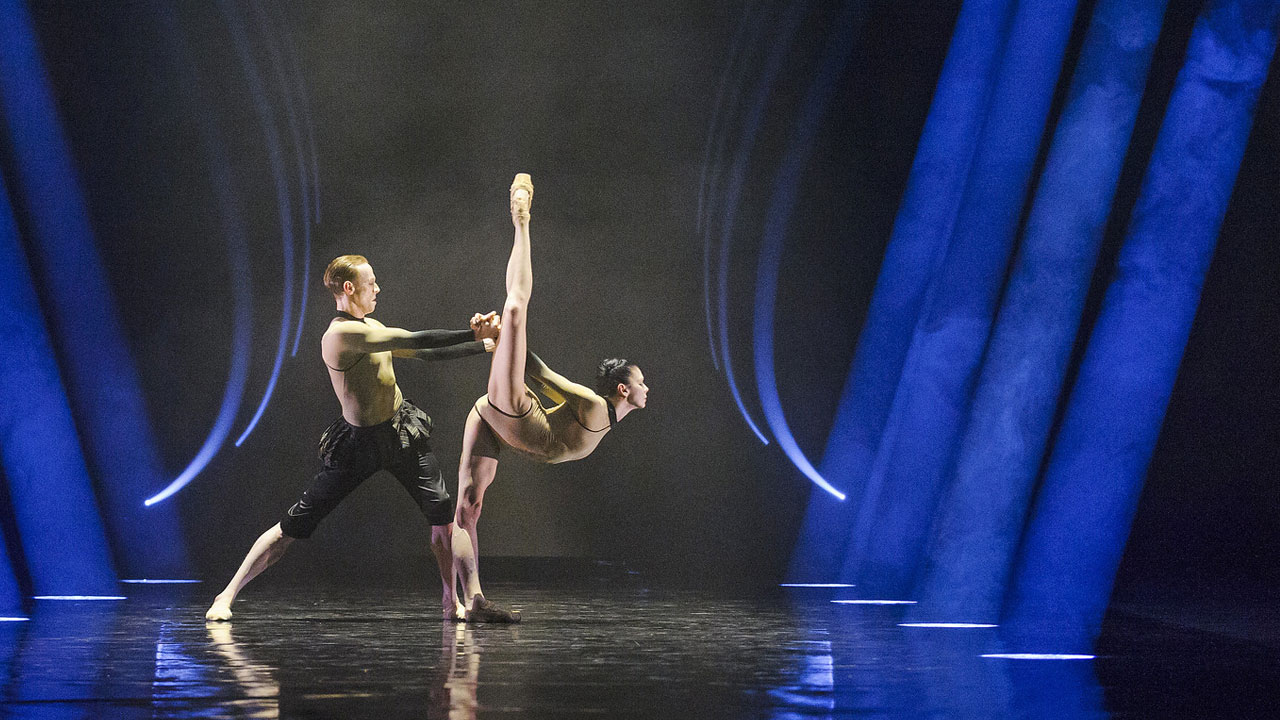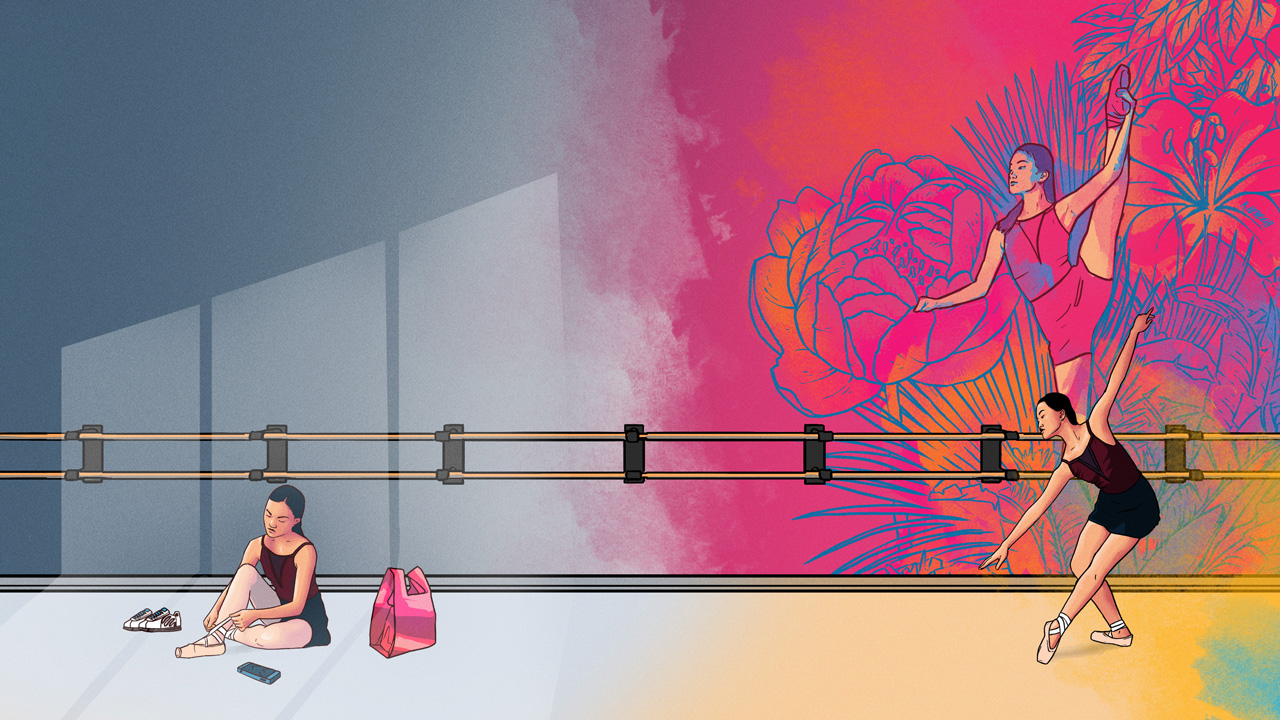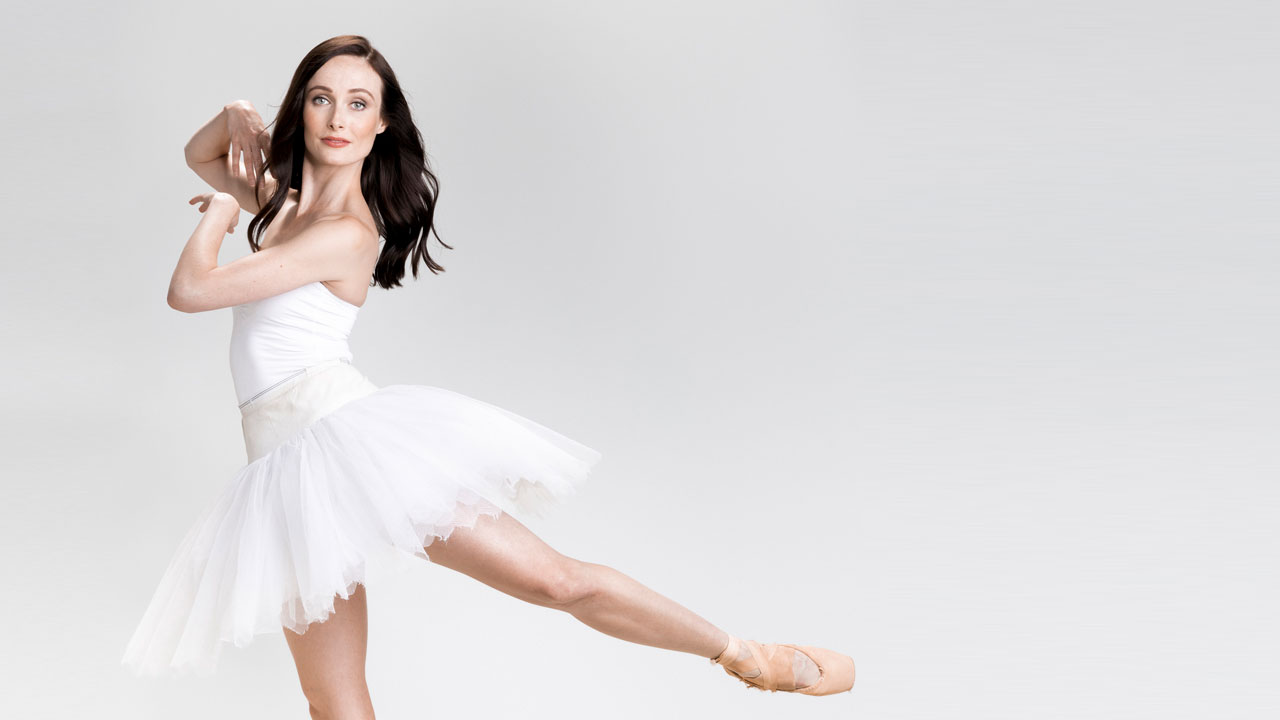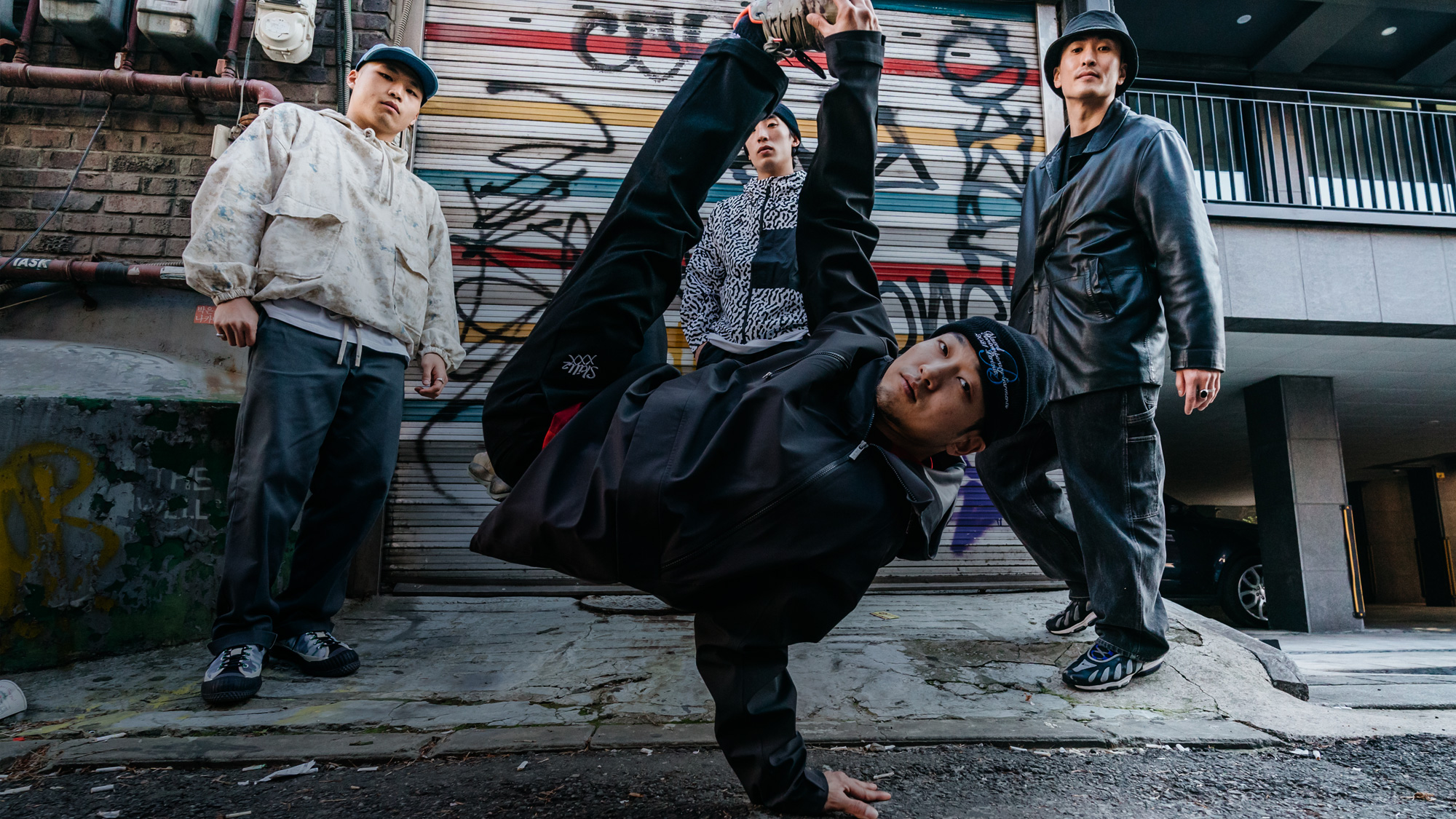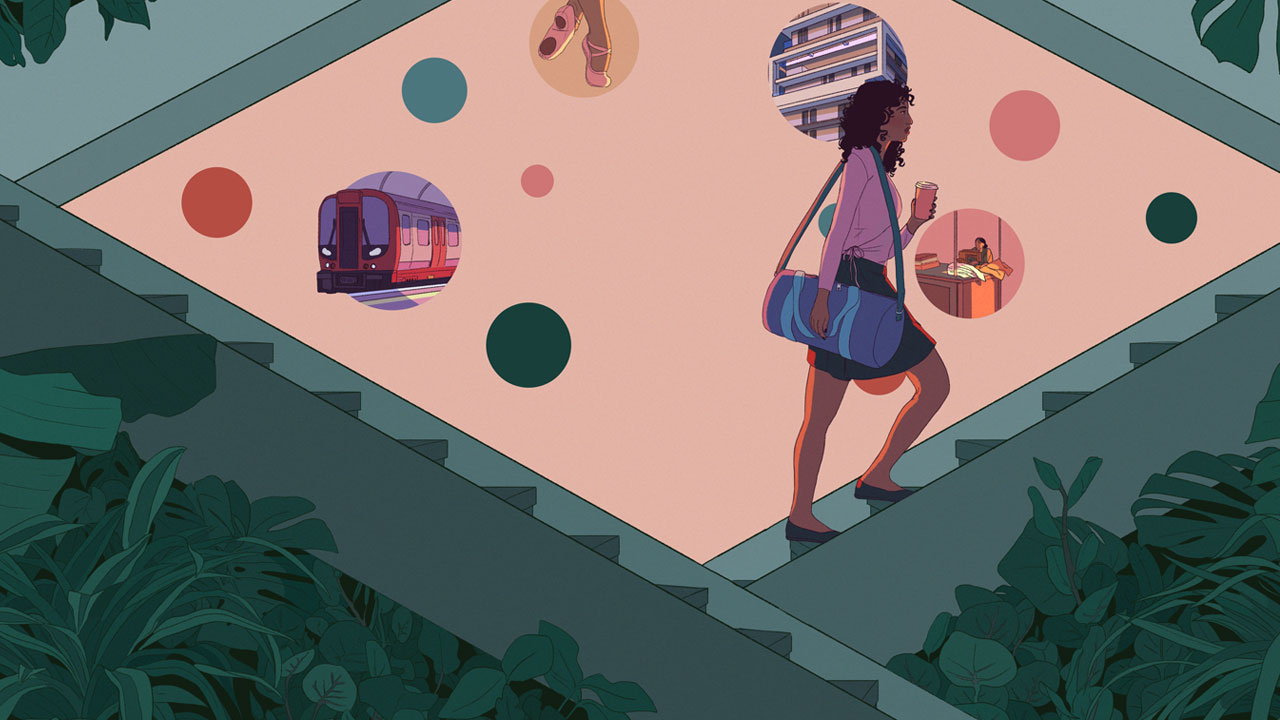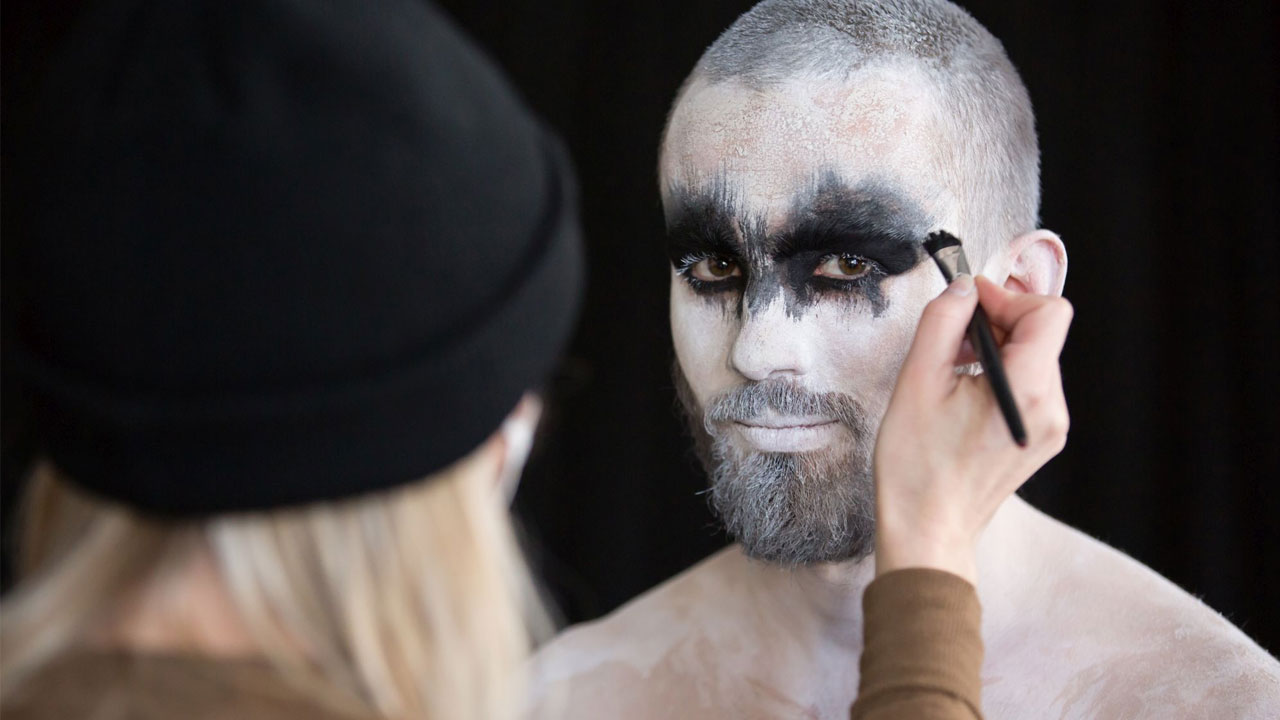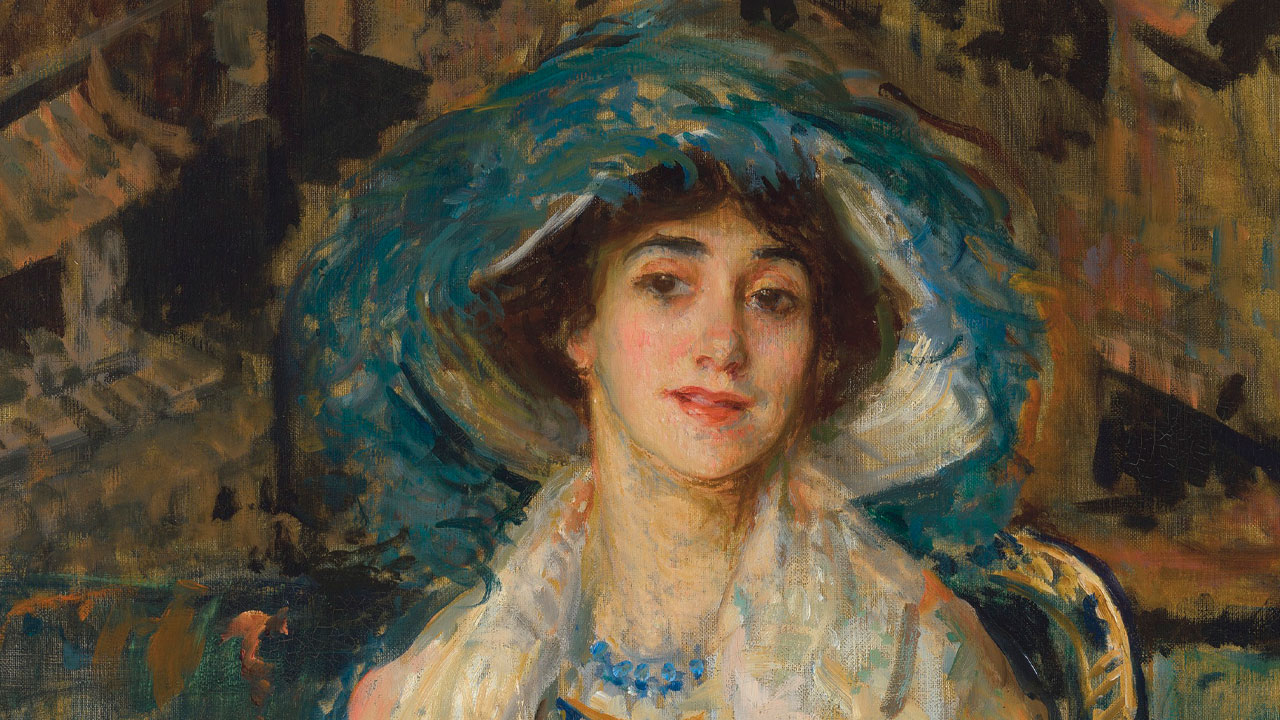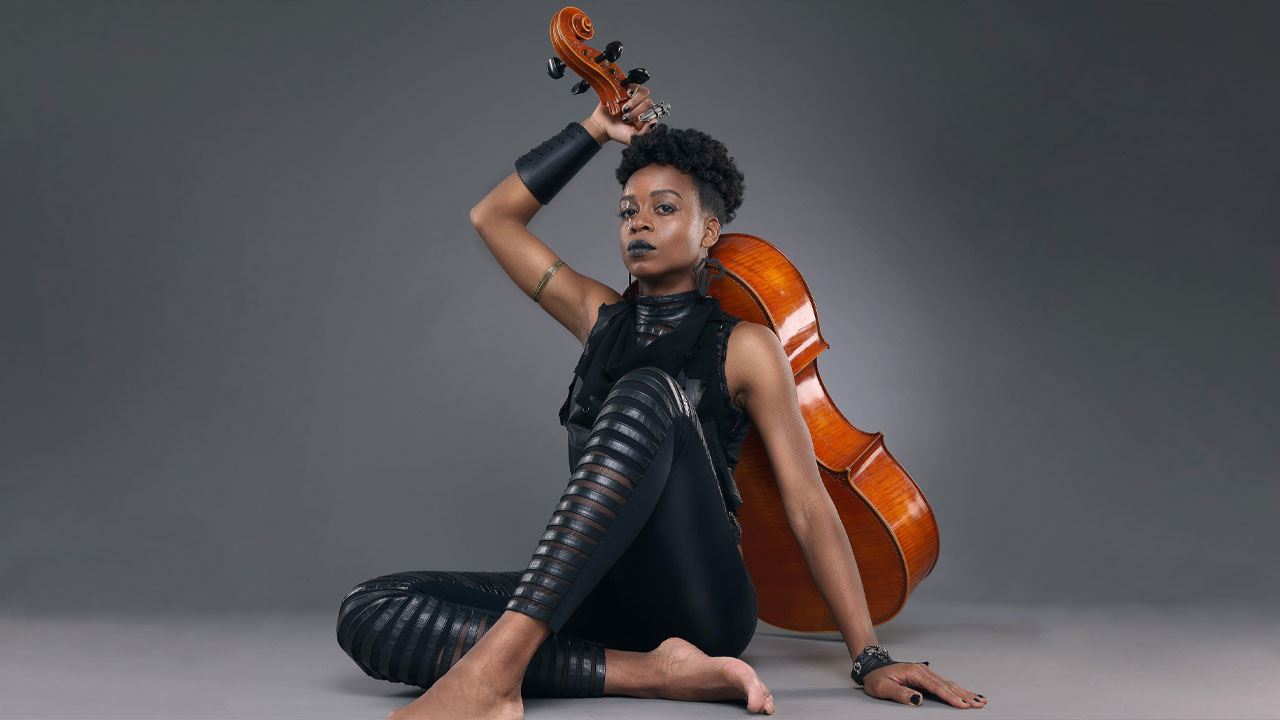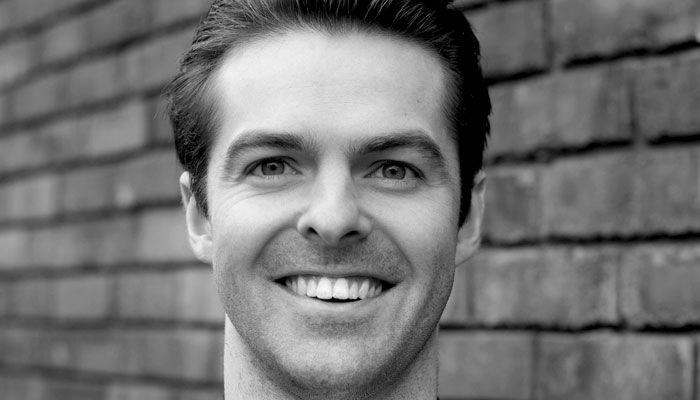How did ballet first get its hooks into you?
That would be my sister’s fault! I was into everything sporty. But one day – I was eight years old, I think – I saw my sister Demelza dancing and turned to my mum and said, why is Melzie on stage and I’m sat watching her? It looks fun. Little did I know! Literally the next Monday I went to ballet classes with my sister. On that very day there was an audition – Hull New Theatre was doing The Pickwick Papers with Sir Harry Secombe, and they were looking for kids to be extras. I was cast as a street urchin. I was actually a shy kid. I had a stutter, I couldn’t get the words out, it was awful. I was terrified of performing. But there was a freedom about performing, not with words but with physicality.
When did you first experience the RAD syllabus?
The RAD holds a special place in my heart – it’s a wonderful thing. White Lodge [home of the Royal Ballet School] was very intense, but on Saturday afternoons we had Frank Freeman for RAD classes. He was a marvellous teacher. It was very different to what we were used to. He was much more relaxed with us, and gave us great freedom to express ourselves within the combinations. I wasn’t one of the strongest dancers in my year by a long shot, but Frank always encouraged me – he let me dance and be free.

Things weren’t working out at the Royal Ballet – how did you end up in St Petersburg?
I was frustrated beyond belief with the walk-on roles I was doing. It was really draining. I put in a lot of extra hours trying to improve and get noticed, but nothing was happening. Then a young Russian ballet master turned up – he was inspirational, gave a really energetic and exciting class. On his last day, I thanked him, and said, before you go, can I show you a few more jumps? I had a half an hour masterclass with this guy, it was really inspiring. Six months later that same man, Yuri Fateyev, became director of the Mariinsky Ballet, and gave a friend of mine a message: tell Xander to come to Russia and dance here.
What did he see in you?
I’ll tell you – because I asked him! I was like, why me? He said, I didn’t offer you the job because you were the best dancer around – but because you wanted it. I could see you were hungry to learn. He liked my attitude, as simple as that.
What would you say to a young dancer in the same situation you were in, feeling they have more to give?
Never give up. Dance for yourself, enjoy what you do. If you have a hunger to learn and grow and conquer your art, you will. Just don’t give up. Sometimes the chances will find you. If you’re working hard and doing your best, believe that it will work out for your good.

And why does dance matter to you?
Dance matters to me because it’s an expression of the heart. Dance can’t be separated from the person doing it. Sometimes you’ll come across teachers or choreographers who think ballet is just a physical thing, to be beaten into a student to do exactly as they say. But I disagree. Ballet is an expression of the person doing it, and has to be interpreted through the filter of the person who’s feeling and performing it. I dance, not just to execute the steps as they were created 100 years ago – I respect that, but every dancer is a different living, breathing organism of individuality. It’s an expression of who I am.
Why Dance Matters
Why Dance Matters is a new podcast from the RAD – a series of conversations with extraordinary people from the world of dance and beyond. We hope these insightful personal conversations – hosted by David Jays, editor of Dance Gazette – will delight and inspire you.
Other guests in this first season include the film director Gurinder Chadha, choreographer Cathy Marston, ballerina Céline Gittens, doctor Guddi Singh, activist Phil Chan, RAD teacher Victoria Trevino and Luke Rittner, the RAD’s Chief Executive. Please listen and subscribe to Why Dance Matters.

